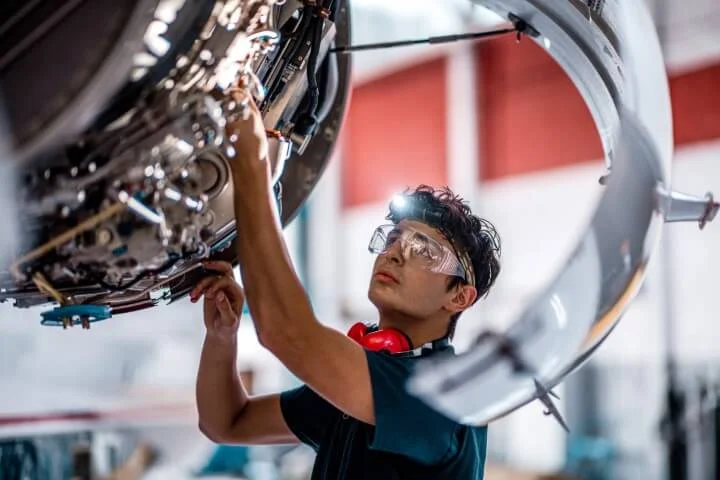Hitting The Right Notes: What Karaoke Cars Reveal About The Future Of Quality
_main-image.jpg?sfvrsn=53a0d777_2)
Hitting The Right Notes: What Karaoke Cars Reveal About The Future Of Quality
There’s something unexpected happening in the cabins of electric vehicles rolling out of China. Alongside advanced driver assistance and high-efficiency battery systems, passengers are singing karaoke. And while it may sound trivial at first, in-car karaoke is a symbol of something much bigger: a radical shift in what consumers value and how quality is defined in the automotive sector.
Chinese carmakers like BYD, Geely and Xpeng are no longer following benchmarks set by Western and Japanese rivals – they’re setting new ones. It’s not just about building efficient, affordable EVs. It’s about delivering an experience that feels deeply digital, seamlessly connected and distinctly consumer-first. As The Guardian argues, karaoke isn’t just a quirky add-on – it signals how China’s EV push is rooted in software-led, lifestyle-focused design. These manufacturers are designing vehicles that function like smartphones on wheels, with karaoke serving as a visible signal of a broader experience-led strategy.
For decades, ‘quality’ in a car meant tight panel gaps, five-star crashes and rulebook compliance. That yardstick is now moving. Buyers, especially in high-growth markets also judge touchscreen lag, app integration, OTA reliability and the ease with which a car plugs into their wider digital lives. Chinese brands are already sprinting toward an era of always-online, semi-autonomous “smart terminals on wheels” that sync with every part of a user’s digital ecosystem and shoulder much of the driving themselves. Even Volkswagen’s finance chief Dr. Arno Antlitz admits that software flourishes once dismissed as gimmicks have now become must-haves: “Nobody in Wolfsburg thinks you need karaoke in the car,” he joked at a Financial Times conference, “But you do need it”. Reuters charts the same pivot to ‘tech luxury’, noting that Chinese EVs priced under $20k already ship with karaoke suites, crystal balls and other features Western brands are scrambling to match.
This evolution is reshaping quality management systems (QMS). Traditional QMS tools, focused on hardware compliance and defect tracking, can no longer keep pace. Leading Chinese OEMs (original equipment manufacturers) are developing agile QMS frameworks that address both physical and digital product quality. They are using real-time feedback from infotainment systems, embedding software quality metrics into production lines, and enabling closer collaboration between IT, product and compliance teams to ensure the customer experience remains consistent and reliable.
Take BYD’s DiLink platform. It’s not just an infotainment system, it’s the vehicle’s digital backbone, orchestrating everything from navigation and media to connectivity and over-the-air updates. Features like built-in karaoke are part of a broader strategy that treats software and user engagement as central to brand differentiation, not afterthoughts. Maintaining quality in this context requires a QMS that can track code versions, validate UX consistency and adapt in real time as updates roll out. It reflects a fundamentally different mindset – one where digital experience is a core quality metric – and it’s proving to be a competitive advantage.
The implications extend beyond automakers. QMS software providers should take note. As vehicles become software-driven and user experience becomes a key competitive factor, QMS platforms must evolve accordingly. This means supporting live update tracking, user feedback integration, and collaborative workflows that connect engineering, IT and quality functions. Standard document control and CAPA modules are no longer sufficient. Providers must also offer tools for code-level traceability, interface testing and responsive analytics. The vendors that deliver on this front will become essential partners in a market where quality is increasingly defined by how products perform after they leave the factory.
Verdantix research reinforces this picture. The Market Insight: Top 5 Trends In Quality Management Technology report highlights how QMS is rapidly evolving in response to complex compliance, sustainability and operational pressures, with real-time analytics, integration with manufacturing systems and enhanced user feedback loops becoming key priorities. Meanwhile, Market Size And Forecast: QMS Software 2023-2029 (Global) identifies automotive manufacturing as one of the highest-growth industries for QMS spend, citing regulatory intensity and the rising cost of non-compliance as major drivers of continued investment.





















